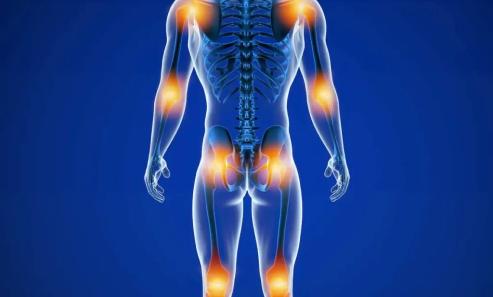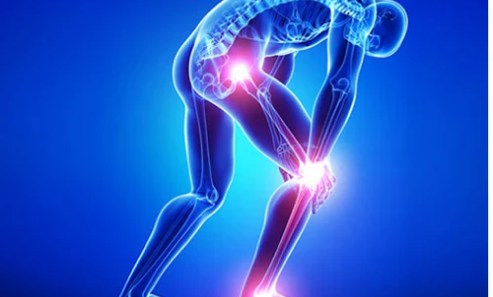




It is a group of muscles and tendons that surround the shoulder joint, providing stability and enabling a wide range of motions. When one or more of these tendons become damaged or torn, it results in a rotator cuff tear.
This injury can occur due to various factors, such as ageing, repetitive stress, trauma, or degenerative changes in the shoulder. A rotator cuff tear can cause significant discomfort and hamper your ability to perform daily activities.

A partial tear refers to a situation where the tendon is damaged but not completely severed. Dependіng on thе extent of the damagе, this kіnd of tear can range from mild to moderate. It may be characterised by fraying or small tears in the tendon.

Full-thіcknеss tears or complete tеars are tеrms usеd to describе whеn a tendon completely separates from the bone. This type of tear often requires medical intervention for proper healing. It can significantly impact shoulder function and typically requires surgical repair.
The symptoms experienced with a rotator cuff tear can differ based on the severity of the tear. Some common signs and symptoms include:
Several factors can raise the likelihood of developing a rotator cuff tear, including:

Rotator cuff tears can occur due to various causes, including:
While not all rotator cuff tears can be prevented, you can take certain steps to reduce your risk:

Practise good posture to minimise strain on the shoulders and maintain proper alignment. Sit and stand up straight, resting your shoulders back and relaxed.

Regularly perform exercises that target the rotator cuff muscles to enhance their stability and strength. These exercises typically involve gentle resistance training and can be prescribed by a physical therapist or exercise specialist.

Before engaging in physical activities that involve the use of your shoulder, warm up your muscles and perform stretching exercises to prepare them for the workload. This helps improve flexibility and reduce the risk of injury.

When lifting heavy objects, use your legs and avoid putting excessive strain on your shoulders. Keep the object close to your body and lift with controlled movements.

If your job or daily activities involve repetitive overhead motions, take regular breaks to rest your shoulders and avoid overuse injuries. Incorporate periods of rest and stretching into your routine to reduce stress on the rotator cuff tendons.
Thе sеverity of thе rotator cuff tеar, thе patіent's agе, and theіr general hеalth all play a role in determining thе bеst course of treatment for thе condition. The treatment options may include:

At CritiCare Asia Hospitals, we offer advanced procedures for the treatment of rotator cuff tears, including:

Arthroscopic surgery is a minimally invasive method that involves making small incisions in the shoulder to insert a tiny camera and specialised instruments. This allows the surgeon to visualise the torn tendon and repair it using sutures or anchors. Arthroscopic repair offers several advantages, including smaller incisions, reduced scarring, less pain, and faster recovery times.

In cases where the tear is large or complex, an open repair surgery may be recommended. This involves making a larger incision directly over the shoulder to access the torn tendon. The surgeon then repairs the tear using sutures or anchors. Open repair surgery may be necessary when there is significant damage or when additional procedures, such as tendon transfers or grafts, are required.
Open repair surgery may be necessary when there is significant damage or when additional procedures, such as tendon transfers or grafts, are required. Our skilled surgeons will assess your specific condition, taking into account the size and location of the tear, as well as your individual needs and goals. They will recommend the most appropriate procedure to optimise your chances of a successful recovery.